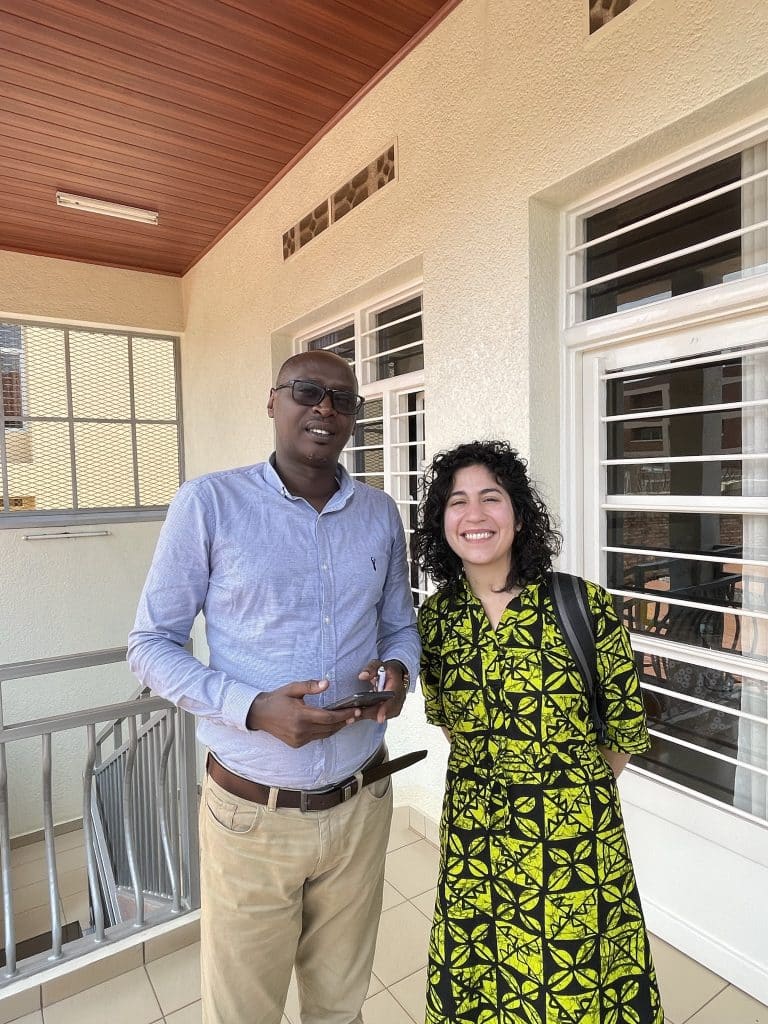Recommendations for gender-responsive policies
Recognizing these challenges, it is crucial to apply a gender-based approach in the pursuit of health for all. Governments and global actors must prioritize gender-responsive financing and increase public spending on essential health services and social protection, both for women working in healthcare and for those in need of quality healthcare services and medicines. Below, we outline three recommendations to advance gender equity in health.
1. Investing and protecting women in the workforce
Women are often insufficiently or underpaid in the health sector, and more susceptible to violence in the workplace. When adopting policies on recruitment, training and retention of health workers, governments must ensure that these policies secure adequate and equal payment, and better working conditions, free of gender-based violence, for all women working in healthcare. Policymakers should apply a gender lens to support women in the health workforce, while securing predictable and long-term financing for human resources for health.
2. Financing public health systems and primary healthcare
Women are more likely to face higher socioeconomic obstacles in accessing health services, particularly those living in poverty. According to a UN paper , women have higher out-of-pocket expenses for healthcare services than men. Countries that spend more on public primary healthcare have lower levels of out-of-pocket expenses and better access to healthcare, particularly for women and people in vulnerable situations. Development institutions, global health initiatives and governments should prioritize public investments in public solutions, especially in primary healthcare.
3. Expanding sexual and reproductive health and rights
Strong health systems are a prerequisite for realizing our sexual and reproductive health and rights. Access to affordable and quality sexual and reproductive health services – including reproductive, maternal, neonatal, child and adolescent health and nutrition – is essential to gender and health equity. These services not only improve overall health outcomes but also facilitate women’s ability to make informed decisions about their sexual and reproductive lives. Governments should adopt inclusive policies to expand these services to ensure women and girls in all their diversity can realize their sexual and reproductive health and rights.
Investing in women and their health is a strategic pathway to accelerate progress. By finding solutions for the structural barriers that impede women from accessing healthcare, we can move towards a future where every woman can thrive, thereby paving the way for a healthier and more equitable world for all.





